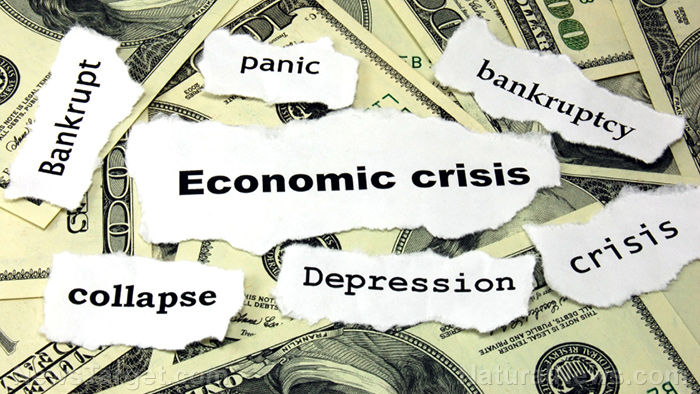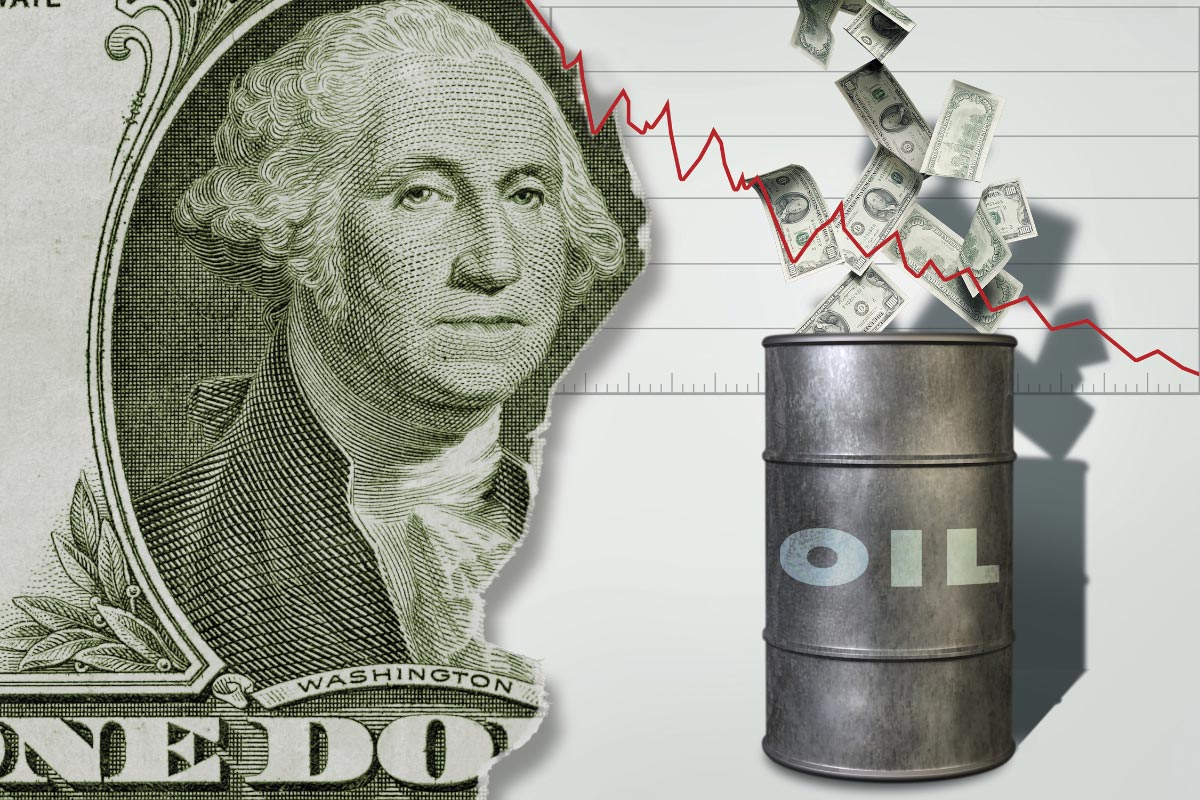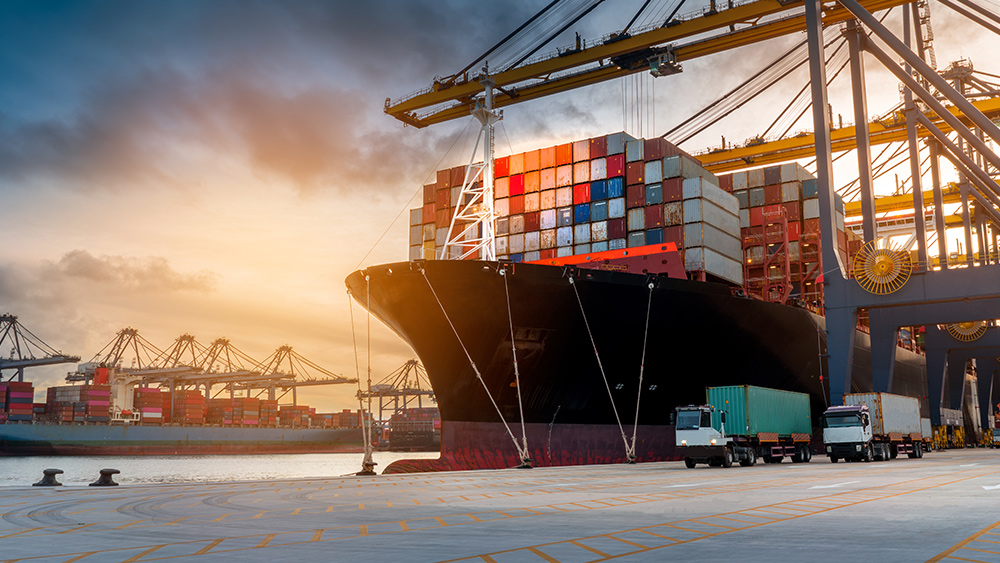German economy suffers another devastating blow as BASF announces “downsizing” will be PERMANENT and IMMEDIATE
12/14/2022 / By Ethan Huff

The “energy transition” that took Germany from reliable coal and nuclear to wind, solar, and now-unavailable Russian natural gas has destroyed BASF, the world’s largest chemical supplier, which is permanently and immediately “downsizing” its operations.
Soaring natural gas prices triggered by Western sanctions against Russia over its invasion of Ukraine have left Germany without any reliable source of energy. Consequently, there is very little to go around, especially as we enter the cold winter season.
BASF has long relied on cheap and abundant natural gas to produce ammonia, a fertilizer used in food production. BASF’s ammonia plant was the first to go, followed by its acetylene facility, which together with ammonia is used to produce a host of different products that are absolutely vital to modern industrial value chains.
“High natural gas prices have created a situation where importing ammonia from overseas was cheaper than manufacturing it ourselves,” announced Uwe Liebelt, the head of BASF’s European operations.
Those two plants were shut down back in the summer, by the way, and a lot has changed since then. In October, BASF announced that its entire business model will now have to change to accommodate the lack of Russian natural gas.
Chief executive Martin Brudermüller recently announced that BASF in Europe will need to downsize “as quickly as possible, and also permanently” in order to remain in operation at all.
One in four industrial jobs in Germany exists in an energy-intensive industry – what will become of all of those positions?
Keep in mind that BASF is hardly the only company in Germany – or in Europe, for that matter – that is drastically reducing operations or shutting down entirely.
Some factories are switching their operations from gas to oil while others are dimming the lights, lowering the thermostat, or even considering leaving Germany altogether.
Some 23 percent of all industrial jobs in Germany exist in energy-intensive industries that face implosion due to the loss of Russian gas – these include glass, metals, ceramics, paper, and textiles. Since the start of the year, these industries have declined by 10 percent.
“That means there are 1.5 million workers in Germany whose industries are currently under pressure,” explained Clemens Fuest, head of the Ifo Institute.
Some of these industries are rather small to begin with, such as glass and ceramics. Others, however, including the chemical industry, are massive in Germany, employing more than 450,000 people across the country.
“If it were to halve in size that would have a direct impact on the country’s prosperity,” said Henrik Ahlers, the country manager for EY Germany.
Without cheap and abundant energy, Germany faces deindustrialization. A poll taken over the summer found that roughly one in four small- and medium-sized businesses in Germany are considering leaving the country – and since that time, that figure may have increased.
“And this will happen here as well,” wrote a commenter at American Experiment about how the United States will become like Germany if it continues down the path of the “green” agenda.
“Only here, where traditional base load generation industries have been eliminated, they will regenerate, come back, and along with them the jobs that are lost in these boutique areas. That’s the future. Watch Wall Street see it before the rubes taken in by the party.”
Another pointed out that perhaps some good can come from this if farmers return to natural farming methods, including crop rotation and intercropping with legumes. It will not feed billions, though, unless masses of people suddenly figure out and are able to return back to the land.
The latest news about the collapse of Germany’s economy due to “green” and anti-Russia policies can be found at Collapse.news.
Sources for this article include:
Submit a correction >>
Tagged Under:
ammonia, BASF, bubble, chemicals, collapse, debt collapse, downsizing, economic collapse, economy, energy transition, fertilizer, finance riot, gas, Germany, green, industry, inflation, market crash, money supply, rationing, risk, Russia, scarcity, supply chain
This article may contain statements that reflect the opinion of the author
RECENT NEWS & ARTICLES
COPYRIGHT © 2022 EconomicRiot.com
All content posted on this site is protected under Free Speech. EconomicRiot.com is not responsible for content written by contributing authors. The information on this site is provided for educational and entertainment purposes only. It is not intended as a substitute for professional advice of any kind. EconomicRiot.com assumes no responsibility for the use or misuse of this material. All trademarks, registered trademarks and service marks mentioned on this site are the property of their respective owners.



















